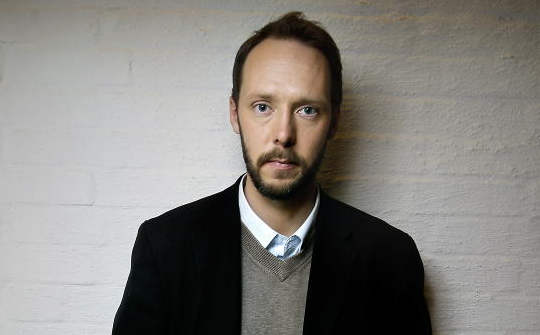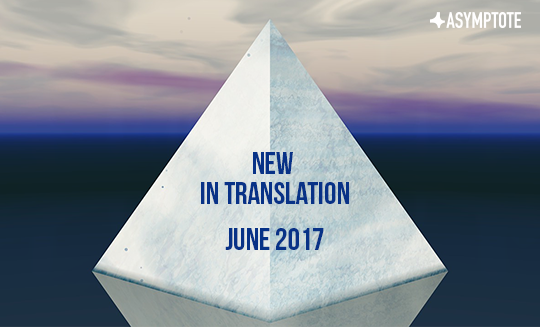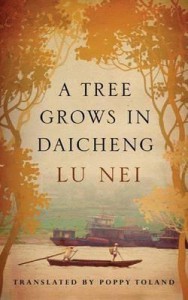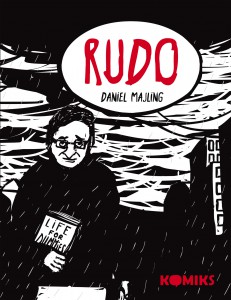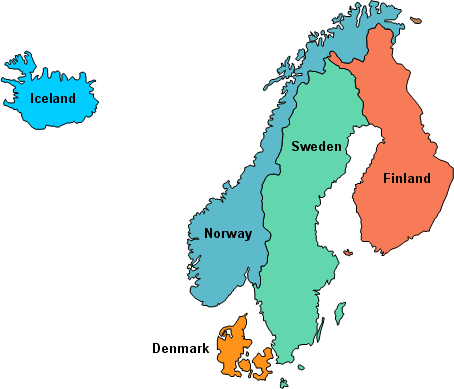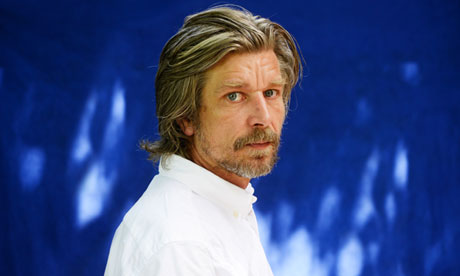Across the China Sea explores an unconventional family in rural Norway coming together during the weakening German occupation of the country. A review by Asymptote Assistant Managing Editor Sam Carter.
It begins with the discovery of a contract, but Gaute Heivoll’s Across the China Sea, translated by Nadia Christensen, is ultimately the story of a community that generously insists on inclusion over exclusion. First published in Norwegian in 2013 and recently released by Graywolf in Nadia Christensen’s consistently elegant translation, this novel is Heivoll’s second to appear in English after Before I Burn, a partly autobiographical work that explores an incident of arson. In Across the China Sea, however, loss assumes a rather different form—one less concerned with spectacle and more attuned to the small gestures that often make all the difference.
A young family moves from Oslo to a small town near the coast in order to start anew. They’ve come not to flee the city but to build a better version of something they already understand: an asylum. The parents—both of whom are trained nurses—decide their newly-built house can accommodate more than just biological children. Soon afterward, in addition to caring for three grown men, they take in five siblings the state had taken away from mentally unfit parents. At this new home, the children, who are also variously disabled, live in a fully furnished attic, yet they’re hardly out of sight or mind. They begin to interact with other members of this curious collective, including the narrator and his younger sister—the only two members of the household biologically linked to the nurses.
Bonds, in other words, are not limited by blood, and an early tragedy not only puts that belief to the test but also brings into sharper relief the contours of this unusual community nestled into the Norwegian countryside. Any separation between the groups of children is rendered meaningless at a time when comfort cannot be sought selectively. Indeed, the delicate balance proves resilient enough to deal with another loss that, while only temporary, still takes an emotional toll. Patients and patience quickly become intimately intertwined, exhibiting a link that their etymological affinity can only begin to capture. READ MORE…

